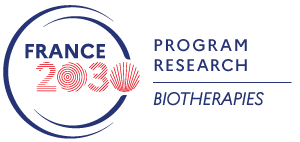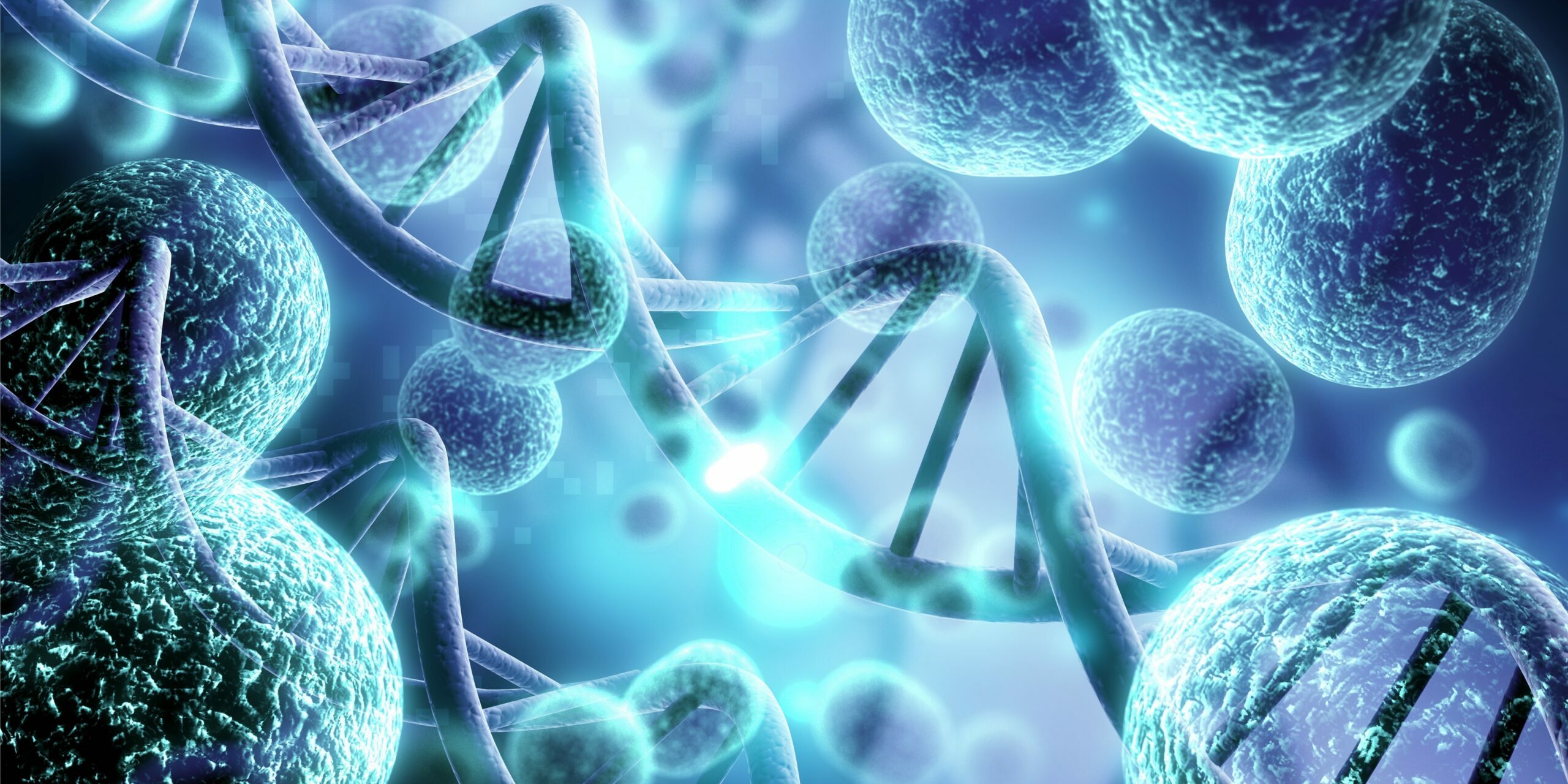Bioengineering of next-generation skin substitutes for cutaneous regeneration
Nicolas FORTUNEL – Genomics and Radiobiology of Keratinopoiesis Laboratory (LGRK)
CEA
François Jacob Institute of Biology (IBFJ)
Skin grafts
Adult stem cells
Immune tolerance
HLA-G tolerogenic molecule
- Budget : 4,6M€
- Duration : 4 years (2023 – 2027)
Targeted global challenge : provide innovative solutions in the field of skin grafts from cell tissue engineering, making it possible to increase their field of therapeutic applications.
Biomedical and societal issues : skin grafting is a benchmark achievement in regenerative medicine. If the permanent restoration of large areas of skin in severe burn patients using cultured skin grafts represents a vital application, other non-vital applications have a vast medico-social impact, such as temporary skin bio-dressing grafts, intended for the treatment of bedsores and chronic wounds. These applications concern several hundred thousand patients per year in France, their incidence increasing with the aging of the population and the increase in chronic diseases. Despite the existence of well-positioned teams, France’s sovereignty is not ensured.
Scientific issues: the reconstruction in culture (bioengineering) of skin grafts must fulfill 3 key missions impacting their therapeutic efficiency:
- guarantee the presence of so-called “stem” cells within the skin grafts, which are necessary for the long-term sustainability of the grafts;
- constitute an assembly representative of the physiology of the skin, by association of different cell types functioning in interactions;
- keep immune reactions that can negatively impact transplants under control, the phenomenon of rejection constituting a major limitation to the use of donor cells (i.e. not from the patient himself).
Approaches and research axes : this program focuses on the cells contained in adult skin, including ‘adult’ stem cells, whose therapeutic effectiveness for regeneration is well established. It will address the 3 key identified aspects:
- the use of active molecules promoting the preservation of stem cells will be studied during the different stages of bioengineering. The presence and functionality of these cells within the skin grafts thus obtained will be evaluated;
- an assembly for the reconstruction of physiological skin grafts will combine cells from the superficial component of the skin (the epidermis), associated with cells from the deeper part of the skin (the dermis). Complexification of the graft by integration of blood vessel cells will be studied as a factor favoring engraftment;
- a strategy aimed at reducing graft rejection reactions by taking advantage of the properties of a protein called HLA-G, which is central in protecting the fetus against rejection by the maternal immune system. The principle consists of modifying skin cells in such a way as to induce a controllable production of this immune tolerance-promoting protein.
In brief : the targeted contributions concern the improvement of the regenerative capacity of skin grafts, in particular by an action on their stem cell content, as well as a means of reducing graft rejection, which will make it possible to broaden the field of uses of this advanced therapy medicine from donors. These contributions will make their bio-production more reliable and enable scale up.
| Coordinating partner : Nicolas FORTUNEL – Genomics and Radiobiology of Keratinopoiesis Laboratory (LGRK) CEA François Jacob Institute of Biology (IBFJ) |
|||||||
| Nathalie ROUAS-FREISS – Hemato-Immunology Research Unit (SRHI) CEA Saint Louis Hospital, François Jacob Institute of Biology (IBFJ) |
|||||||
| Xavier GIRDOL / Walid RACHIDI – Biomicrotechnology and functional genomics (Biomics) CEA Grenoble Interdisciplinary Research Institute (Irig) |
|||||||
| Jean-Jacques LATAILLADE – French Army Blood Transfusion Centre (CTSA) Direction générale de l’armement (DGA) Percy Hospital |
|||||||
| David SMADJA – Hematology Unit Assistance Publique – Hôpitaux de Paris (AP-HP) Georges Pompidou European Hospital (HEGP) |


